SUMMARY
This is AI generated summarization, which may have errors. For context, always refer to the full article.
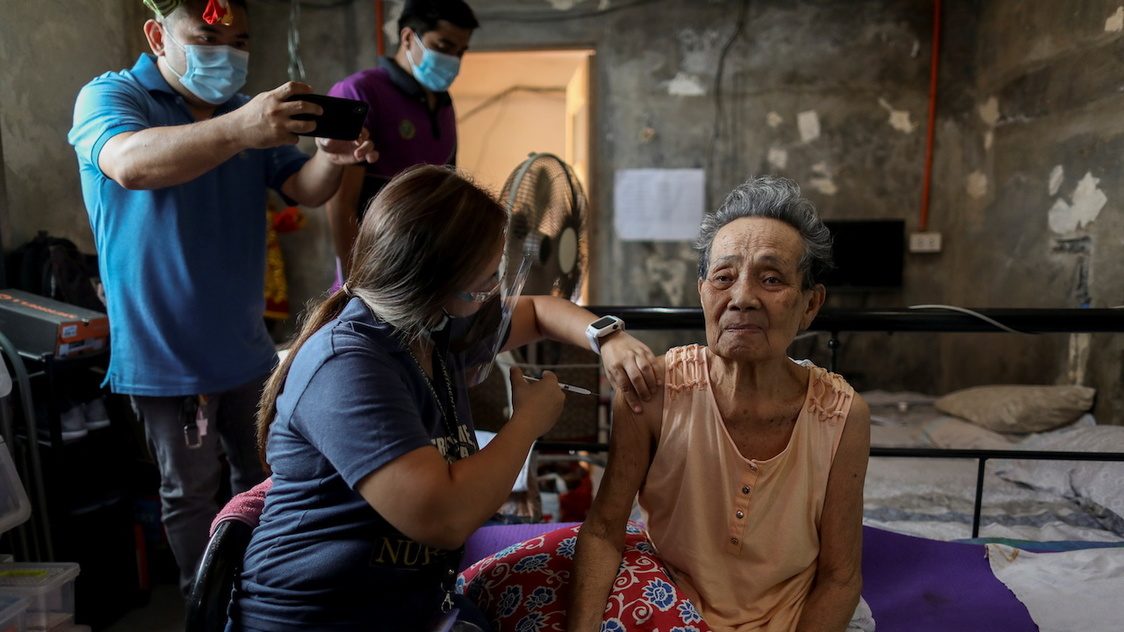
Health officials said the Philippines was now at “low-risk” for COVID-19, after indicators – like the two-week growth rate of cases, healthcare utilization, and daily positivity rate – decreased in recent weeks. Still, some hospitals remained stretched with severe and critical patients admitted.
While the situation may be improving compared to the surge a month ago, Health Undersectrary Maria Rosario Vergeire said: “We are not saying that we are out of the woods. We are not saying that we have totally decongested our hospitals. What we are saying [is], as a matter of fact and based from monitoring and data that we have right now, hospital admissions are going down. We are not saying we don’t have a problem anymore.”
Here’s what we’re watching this week of October 25, 2021:
Reaching out to seniors
The national government is ramping up vaccinations by making shots available to the general adult population, minors with comorbidities, and soon, all other 12- to 17-year-olds. But expanding can’t come at the expense of leaving the elderly behind, experts warned.
- Vaccinations among senior citizens or those aged 60 years old and above haven’t moved as quickly as in other priority groups. Nearly eight months since the start of the vaccine drive, only 4.6 million out of an estimated 8.5 million senior citizens have been fully vaccinated as of October 25.
- Age is still a big risk factor for COVID-19, data from the United States Centers for Disease Control and Prevention (CDC) showed.
- Axios reported that “even vaccinated Americans who are 80 or older are at higher risk of dying from the coronavirus than anyone – vaccinated or not – under the age of 50.” Risks are also almost always higher for vaccinated individuals at least 65 years old compared to those vaccinated and unvaccinated below 50.
- The case for doubling down on seniors’ vaccinations is made strongest in the example of highly vaccinated countries that have managed to cover their elderly population.
- Analytics and life science data firm Airfinity found that vaccinations had the biggest impact on hospitalizations during peaks in admissions and cases.
- In the Philippines, the Department of Health (DOH) amplified this call and opened the Dr. Jose Fabella Memorial Hospital in Manila for walk-in vaccinations among seniors every Tuesday and Thursday.
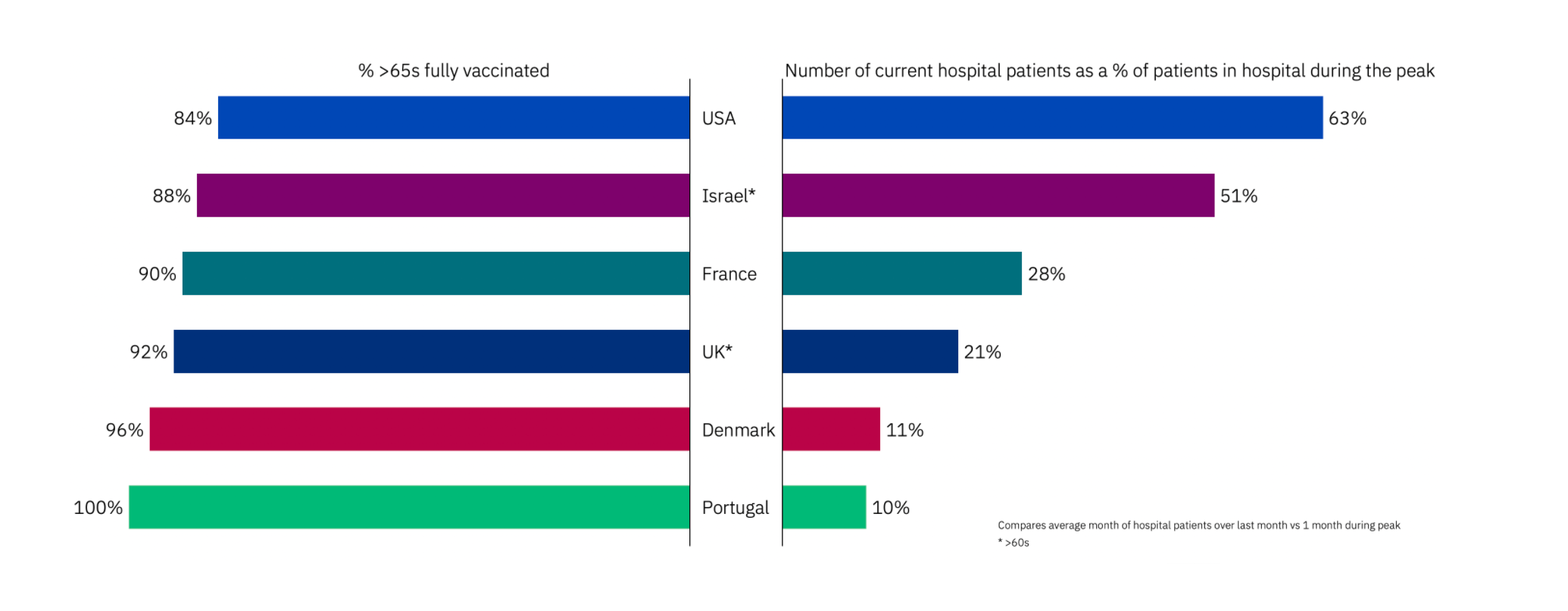
Check out these guides to help unvaccinated seniors you know get a shot:
- Your guide to COVID-19 vaccination for seniors, persons with comorbidities
- LIST: What to bring for your COVID-19 vaccination
Boosters coming soon
No longer a question of if but when, health officials recently announced plans to rollout COVID-19 booster shots to health workers and senior citizens before the end of 2021. The exact timeline will depend on regulatory approvals and further advice from the World Health Organization (WHO).
- The two groups are among those most exposed to the risks of high exposure to the virus and developing severe illness, getting hospitalized, or dying from COVID-19.
- The Health Technology Assessment Council cautioned that boosters should only be rolled out to other priority categories when at least 50% of each group from A1-A5 has been fully vaccinated, and at least 70% of the target population in “hotspot regions” are also covered with two doses.
- Failing to do so would only “exacerbate existing inequalities,” it said.
- For healthy adults, evidence shows that two doses of a COVID-19 vaccine is still holding up extremely well.
- “We do not see strong evidence leading to a need to provide a third dose for people who have already been vaccinated and are not immunocompromised and not exposed to COVID at work,” Dr. Melvin Sanicas, a global health specialist and vaccinologist, told Rappler.
Confused about government’s plans on a booster rollout? Rappler answers your top questions here:
Delta subvariants
A new subvaraint of the highly contagious Delta variant made headlines in recent days. It’s currently known as AY.4.2. The DOH said that it had been closely monitoring 46 sublineages of Delta, and that there were no known cases of AY.4.2 yet in the Philippines.
- Aside from the UK, it’s been reported in at least 33 countries.
- Meaghan Kill, an epidemiologist at the UK Health Security Agency, said AY.4.2 came to the attention of scientists “not because these particular mutations are known to be concerning, but because the number of cases observed indicate that it can compete with the OG (original) Delta.”
- William Hanage, an epidemiologist at Harvard, told the Washington Post that, while AY.4.2 may have an advantage, it’s not spreading with the explosive speed of the ancestral Delta.
- Still, “We’d have to be idiots to think the virus is done with us,” he said.
- The good news is vaccines continue to work, so it’s important to get the shot when you can, the WHO said.
Virus still evolving
But as long as COVID-19 is allowed to spread, the virus will keep changing – and scientists warn there is still a lot of room for it to evolve.
- The Washington Post interviewed several scientists on the matter and explained the virus could continue to evolve in two “fundamental ways” that involved its transmissibility and its ability to elude immunity.
- “So far, evolution has led the virus down the first route, to become more transmissible.”
- “While we want it to get to some predictability, this virus still has quite a lot left in it,” said Maria Van Kerkhove, WHO COVID-19 technical lead.
- This reinforces the need for quick and widespread vaccination all over the world.
- Unfortunately, access is still uneven. Bloomberg’s tracker showed “countries and regions with the highest incomes are getting vaccinated more than 20 times faster than those with the lowest.”
Don’t miss this: The Senate blue ribbon committee continues its hearing on the alleged corruption in the Duterte administration’s pandemic response on Thursday, October 28.
Senators are ramping up questioning on supposed tax deficiencies by firms awarded billions in pandemic deals. More on latest developments here:
- Auditor admits: I never saw Pharmally invoices
- Pharmally pandemic items sold to DOTr ‘overpriced’ by at least 62% – Hontiveros
- ‘Weird’: PS-DBM handled customs clearance, VAT for China supplier
- TigerPhil Marketing, Pharmally’s supplier, flagged for possible tax evasion
– Rappler.com
Add a comment
How does this make you feel?
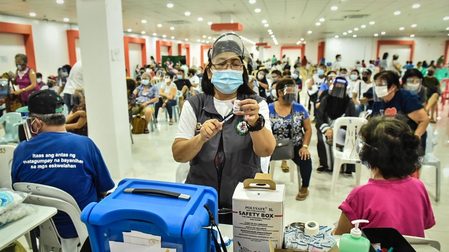
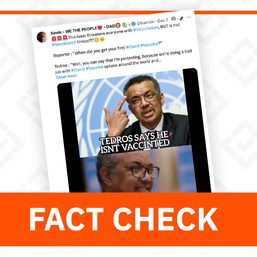
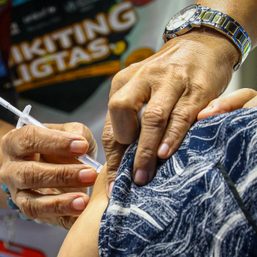
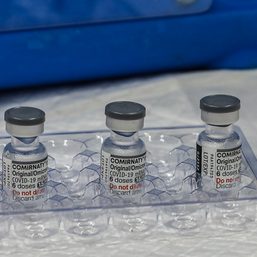

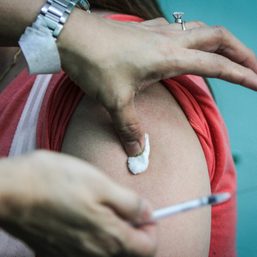

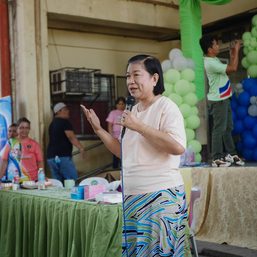
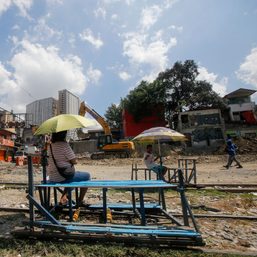
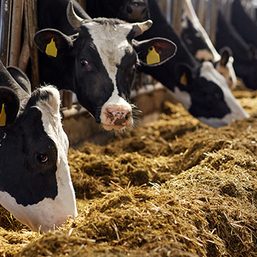
![[OPINION] Beyond infrastructure: Ensuring healthcare access for the poor](https://www.rappler.com/tachyon/2024/03/tl-healthcare-access-03402024.jpg?resize=257%2C257&crop_strategy=attention)
There are no comments yet. Add your comment to start the conversation.